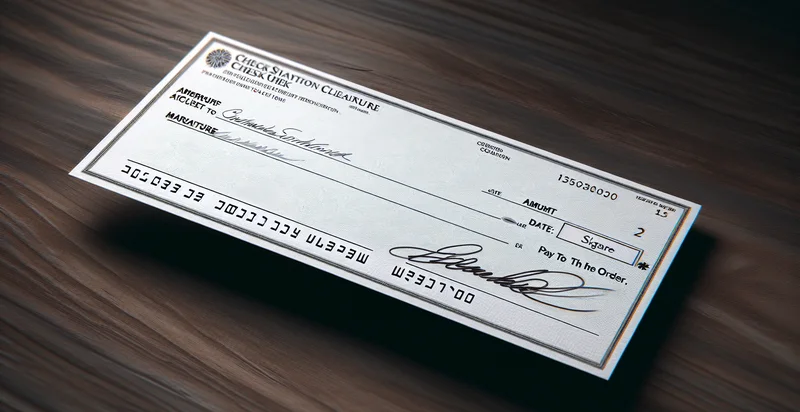Identify signature validity
using AI
Below is a free classifier to identify signature validity. Just upload your image, and our AI will predict if the signature is valid - in just seconds.

Contact us for API access
Or, use Nyckel to build highly-accurate custom classifiers in just minutes. No PhD required.
Get started
import nyckel
credentials = nyckel.Credentials("YOUR_CLIENT_ID", "YOUR_CLIENT_SECRET")
nyckel.invoke("signature-validity", "your_image_url", credentials)
fetch('https://www.nyckel.com/v1/functions/signature-validity/invoke', {
method: 'POST',
headers: {
'Authorization': 'Bearer ' + 'YOUR_BEARER_TOKEN',
'Content-Type': 'application/json',
},
body: JSON.stringify(
{"data": "your_image_url"}
)
})
.then(response => response.json())
.then(data => console.log(data));
curl -X POST \
-H "Content-Type: application/json" \
-H "Authorization: Bearer YOUR_BEARER_TOKEN" \
-d '{"data": "your_image_url"}' \
https://www.nyckel.com/v1/functions/signature-validity/invoke
How this classifier works
To start, upload your image. Our AI tool will then predict if the signature is valid.
This pretrained image model uses a Nyckel-created dataset and has 2 labels, including Invalid Signature and Valid Signature.
We'll also show a confidence score (the higher the number, the more confident the AI model is around if the signature is valid).
Whether you're just curious or building signature validity detection into your application, we hope our classifier proves helpful.
Related Classifiers
Need to identify signature validity at scale?
Get API or Zapier access to this classifier for free. It's perfect for:
- Document Authentication: The signature validity identifier can be utilized by financial institutions to confirm signatures on loan applications and legal documents, ensuring that they are genuine before processing. This helps mitigate fraud and enhances the integrity of transactions.
- E-Signature Verification: E-commerce platforms can integrate this function to verify electronic signatures on contracts or purchase agreements. By confirming the authenticity of signatures, businesses can ensure compliance and reduce disputes related to contract enforcement.
- Identity Verification: Government agencies can use the signature validity identifier to authenticate signatures on official documents such as passports and identification cards. This process enhances security and prevents identity theft or fraud during the issuance of government IDs.
- Quality Control in Manufacturing: Companies in the manufacturing sector can apply this technology to verify signatures on product certification documents. Ensuring these signatures are valid can help maintain compliance with industry standards and regulations.
- Legal Case Management: Law firms can leverage the signature validity identifier when managing client forms and legal filings. By validating the signatures, they streamline processes and reduce the likelihood of void contracts or documents due to fraudulent signatures.
- Banking Transaction Verification: Banks can implement this function to verify signatures on checks and withdrawal slips. This adds a layer of security against forged signatures, ultimately protecting the bank and its customers from financial losses.
- Academic Credential Authentication: Educational institutions can utilize the signature validity identifier to confirm signatures on diplomas and transcripts. By verifying the authenticity of these signatures, schools can prevent fraudulent claims and uphold the value of their credentials.


